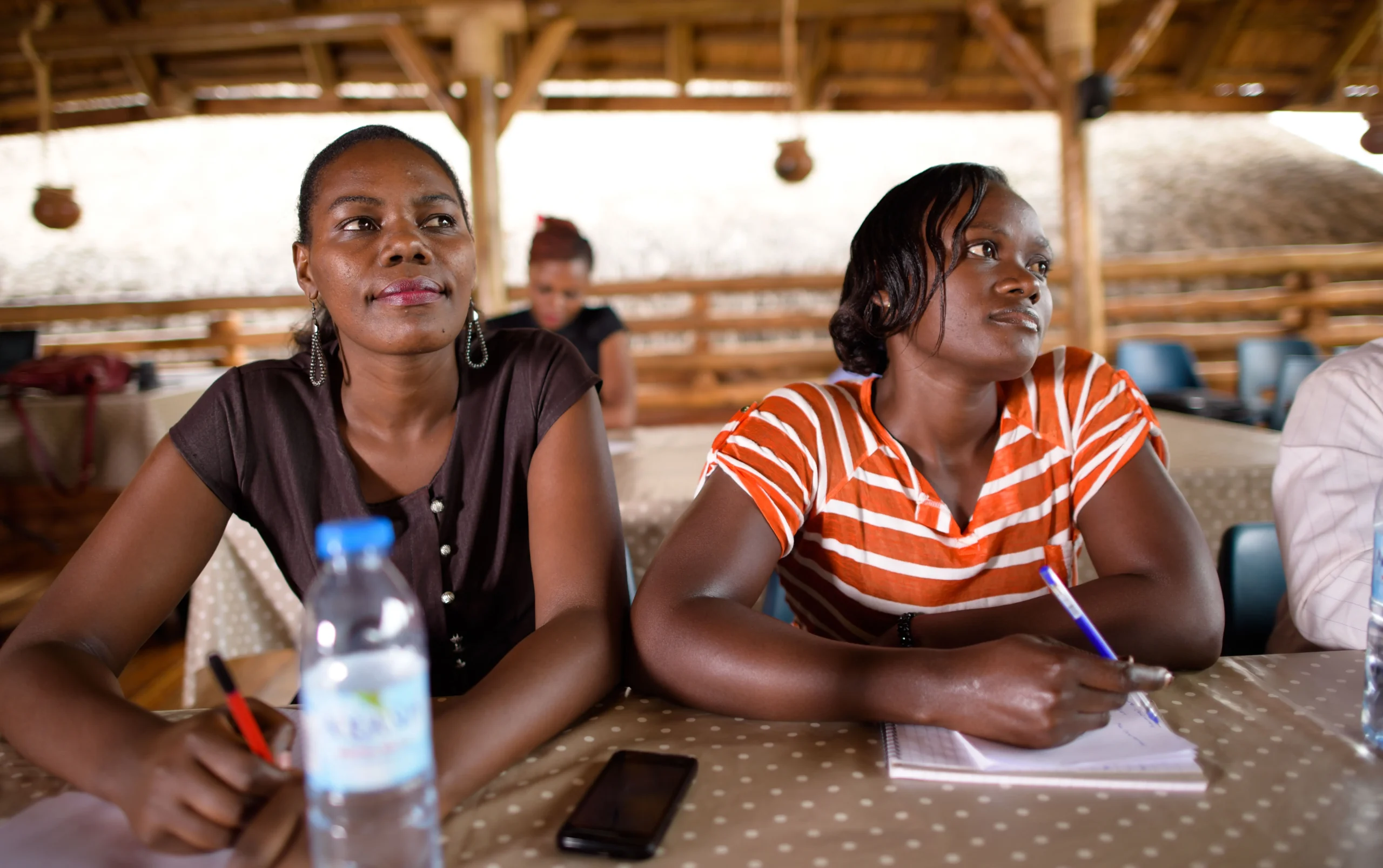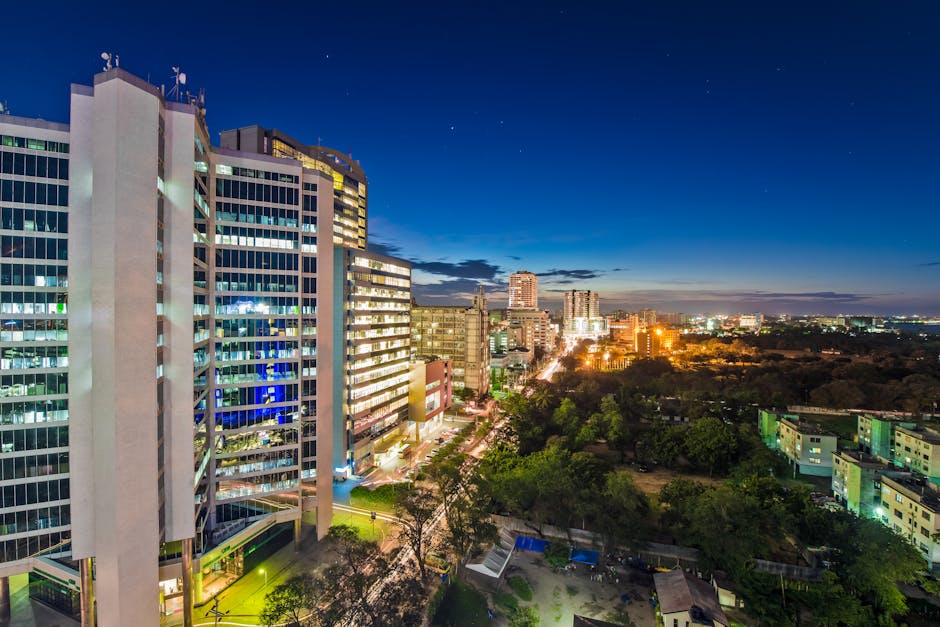The Rise of African Startups: Where Growth Is Happening
Africa’s startup ecosystem is experiencing a remarkable transformation, with cities like Lagos, Nairobi, Kigali, and Cape Town emerging as dynamic hubs of innovation and entrepreneurship. These urban centers are attracting significant venture capital (VC) investments, fostering robust incubator and accelerator programs, and nurturing a new generation of tech-driven enterprises.
Africa’s Leading Startup Cities
1. Lagos, Nigeria – The Fintech Powerhouse
Lagos stands as Nigeria’s premier startup ecosystem, boasting an impressive ecosystem value of $8.4 billion. The city has produced fintech giants such as OPay, which secured a $400 million Series C funding round, and Flutterwave, valued at over $3 billion following its $250 million Series D round. The enactment of the Nigeria Startup Act in October 2022 has further solidified Lagos’s position by providing a supportive regulatory framework for tech sector growth. (banking-recruitment-jobs.com, howafrica.com)
Key incubators and accelerators in Lagos include Co-Creation Hub (CcHUB), iDEA Hub, and Lagos Innovates, all contributing to the city’s vibrant tech scene. (LinkedIn)
2. Nairobi, Kenya – East Africa’s Innovation Leader
Nairobi leads Sub-Saharan Africa in startup ecosystem performance, driven by a strong fintech sector exemplified by innovations like M-Pesa. The city hosts prominent incubators such as iHub and Nailab, which support startups across various sectors including healthtech, agritech, and edtech. (Startup Genome, LinkedIn)
Nairobi’s ecosystem is further bolstered by co-working spaces like Nairobi Garage and the presence of global tech companies, making it a fertile ground for startup growth. (LinkedIn)
3. Cape Town, South Africa – The Tech Capital
Cape Town is often referred to as the “tech capital of Africa,” with an ecosystem valued at $3.4 billion. The city has seen a 23% increase in ecosystem value and a 26% growth in early-stage deals. (Technext, bestin.africa)
Cape Town’s startup landscape is enriched by incubators and co-working spaces like The Bandwidth Barn, Workshop17, and LaunchLab. The city’s focus areas include fintech, AI, renewable energy, and healthtech, supported by a strong network of angel investors and established financial institutions. (TAGiAfrica™)
4. Kigali, Rwanda – The Emerging Tech Hub
Kigali is rapidly establishing itself as a significant player in Africa’s startup scene. The city is home to Norrsken House Kigali, a 12,000-square-meter co-working space supporting over 1,300 members, and Kigali Innovation City, a planned technology cluster aimed at fostering innovation and economic growth. (Wikipedia)
Kigali’s tech ecosystem is further supported by kLab, a hub that promotes innovation in areas such as e-government services, blockchain, and data analytics. (LinkedIn)
Venture Capital Investment Trends
Despite global economic challenges, Africa’s startup ecosystem has attracted substantial VC investments. Notably, TLcom Capital raised $154 million to invest in technology startups across the continent, while Partech’s Africa fund secured $300 million, and Norrsken22 amassed $205 million. (Financial Times)
These investments are crucial in supporting early-stage companies and fostering innovation, particularly in sectors like fintech, healthtech, and renewable energy.(KICTANet)
The Future of African Startups
The growth of African startups is not just a regional phenomenon but a global opportunity. With supportive regulatory environments, increasing VC investments, and a burgeoning pool of entrepreneurial talent, cities like Lagos, Nairobi, Cape Town, and Kigali are poised to drive significant economic transformation across the continent.
As these ecosystems continue to mature, they offer promising avenues for investors, innovators, and policymakers to collaborate and harness the full potential of Africa’s digital economy.
For more insights into Africa’s dynamic startup ecosystems, stay tuned to our platform for the latest updates and in-depth analyses.





